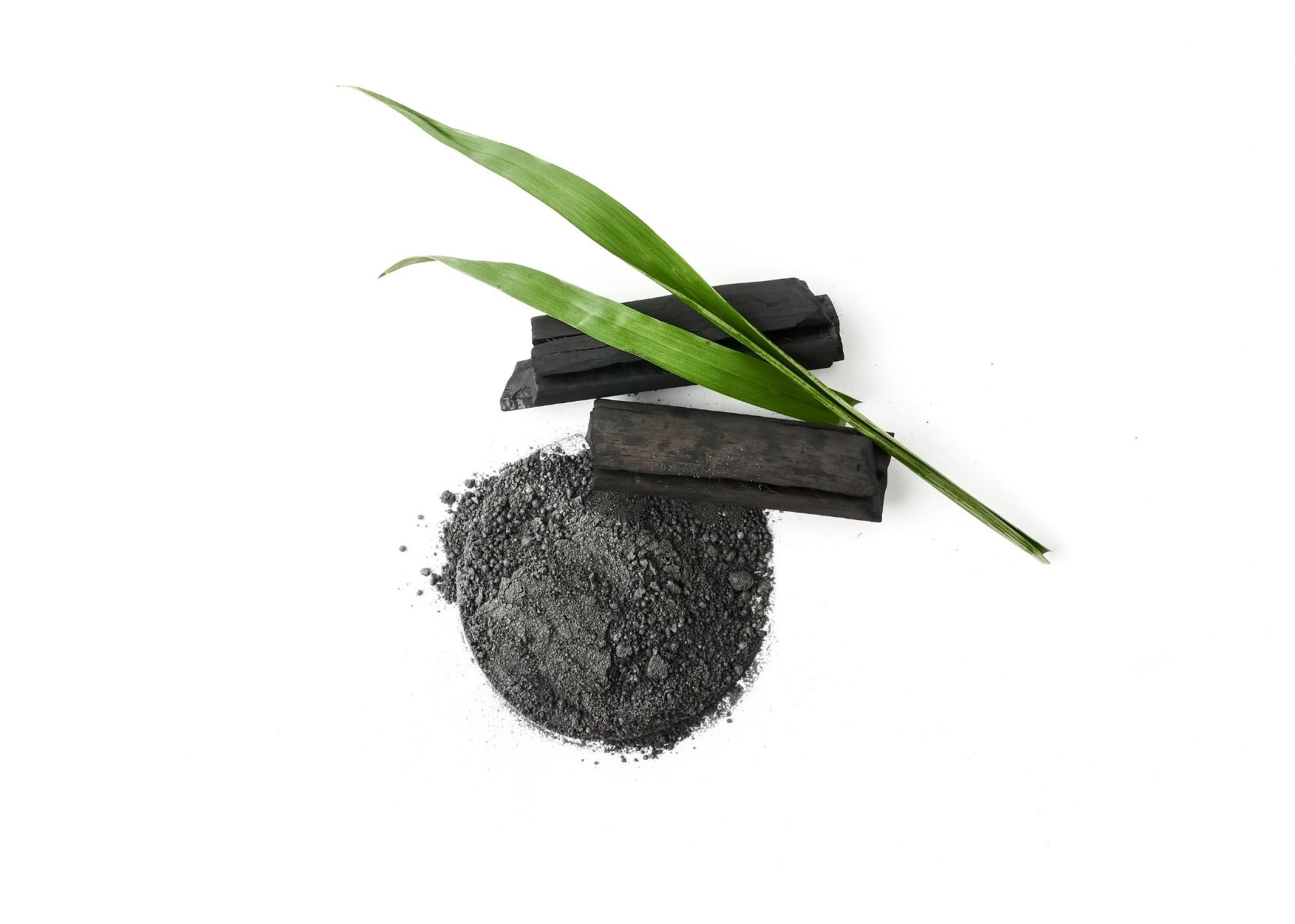Table of Contents
How Long Do Carbon Filters Last?
Carbon filters are an essential part of many water filtration systems. They use activated carbon to absorb contaminants and impurities, making water cleaner and safer to drink. But how long do carbon filters actually last before they need to be replaced? Here’s a comprehensive guide on the lifespan of carbon filters and how to get the most out of yours.
What Are Carbon Filters?
Carbon filters contain activated carbon, which is carbon that has been treated to make it extremely porous. This activated carbon has a very high surface area, allowing it to effectively absorb contaminants through a process called adsorption.
There are two main types of carbon filters:
- Granular Activated Carbon (GAC) Filters: These contain loose activated carbon particles. Water passes through and contaminants stick to the surface of the particles.
- Block Carbon Filters: The carbon is compressed into a solid block. Water passes through the pores of the block.
Carbon filters are used to remove chlorine, pesticides, herbicides, industrial chemicals, foul tastes and odors, natural organic material, and volatile organic compounds (VOCs) like benzene and toluene from water.
They are an important step in water filtration systems for improving water taste and removing potentially harmful contaminants.
Expected Lifespan of Carbon Filters
The lifespan of a carbon filter depends on several factors:
| Factor | Impact on Lifespan |
|---|---|
| Water Usage | Higher water throughput shortens lifespan |
| Water Quality | Higher contaminant levels shorten lifespan |
| Carbon Type | Bituminous carbon lasts longer than coconut shell carbon |
| Carbon Amount | More carbon increases lifespan |
Under typical conditions, most carbon filters last:
- 3-6 months for faucet filters
- 6-12 months for pitcher filters
- 9-12 months for undersink filters
- 9-36 months for whole house filters
However, the lifespan can vary widely based on your specific circumstances. Some filters may last only a month with heavy use and contaminated source water, while others can last years with lighter use and cleaner water.
How to Tell When It’s Time to Replace
Here are signs that indicate your carbon filter needs replacing:
- Water flow through the filter has noticeably decreased. This happens as contaminants clog up the carbon.
- Water tastes or smells unpleasant again. The carbon’s absorption capacity is used up.
- The filter has been in use for over 6 months. It’s a good idea to replace it as a precaution.
- The manufacturer’s recommended replacement date or water capacity has been exceeded.
Many carbon filters contain built-in indicators that alert you when it’s time for replacement. For example, the filter may contain a sticker that changes color when the carbon is all used up. Be sure to check your filter for any indicators like this.
 Getting the Most Out of Your Carbon Filter
Getting the Most Out of Your Carbon Filter
Follow these tips to maximize your carbon filter’s lifespan and effectiveness:
- Only use the filter for its intended purpose. Don’t use an undersink filter designed for drinking water on your whole house.
- Choose the right type of filter for your needs. Make sure it’s designed to handle the contaminants in your water.
- Replace the filter at least every 6 months. Don’t wait for it to clog up completely.
- Occasionally disinfect and flush the filter according to the manufacturer’s instructions. This prevents bacterial growth.
- Protect the filter from freezing temperatures. Freezing can crack the carbon block.
- Don’t let water sit in the filter for long periods between uses. Stagnant water promotes bacterial growth.
If your filter is still working well after 6 months, you can continue using it longer. But replace it at the first signs of decreased performance. Don’t compromise your water quality and health by using an expired filter.
Frequently Asked Questions
1. Can used carbon filters be reactivated or reused?
No, used carbon filters cannot be easily reactivated or reused at home. The absorbed contaminants can’t be removed from the carbon once it’s saturated. The filters must be replaced with new carbon.
2. How do I dispose of used carbon filters?
Check with your local regulations, as disposal methods vary. Carbon filters contain absorbed contaminants so they shouldn’t go to landfills when possible. Many companies offer recycling programs to dispose of the used carbon in a safe, eco-friendly manner.
3. What happens if I use a carbon filter too long?
If you use a carbon filter beyond its lifespan, it will stop removing contaminants effectively. Impurities like chemicals and bacteria could start entering your drinking water, creating potential health hazards.
4. Can I tell how much life a filter has left?
It’s difficult to tell exactly how much life a carbon filter has left. But you can check for signs like reduced water flow, return of bad tastes/odors, or if it has exceeded the manufacturer’s recommended usage time. Replacing at 6 months is ideal.
5. Do all carbon filters work the same way?
No, there are many different types of carbon filters optimized for different uses. Faucet filters, pitcher filters, undersink filters, and whole house filters each contain specialized carbon media and configurations.
6. What contaminants can carbon filters remove?
Carbon filters are very effective at removing chlorine, pesticides, industrial chemicals, VOCs, bad tastes and odors. But they can’t remove heavy metals, fluoride, bacteria, or many inorganic contaminants.
7. Can I clean and reuse carbon filters?
No, carbon filters are not meant to be cleaned and reused. The contaminants bond at a molecular level to the carbon and can’t be removed with cleaning. The filters must be replaced at their end of life.
Recommended Products
1. CuZn UC-200 Under Counter Water Filter
The CuZn UC-200 uses coconut shell carbon to provide up to 6 months of contaminant removal for sinks. NSF certified to remove over 70 contaminants. Easy DIY installation under sink or counter. Ideal for drinking water filtration.
2. AquaBliss High Output Universal Shower Filter
Remove over 90% of chlorine from shower water with this universal shower head filter. Attaches to any shower arm and lasts up to 1 year. Reduces dry skin and damage from chemicals and sediments.
3. Aquasana Whole House Carbon Water Filter
This complete whole house water filtration system is made in the USA and removes over 97% of chlorine. Also effective reduction of VOCs, pesticides, and other contaminants throughout your entire water supply.
The Bottom Line
Carbon water filters provide an important protective barrier against harmful contaminants. But their effectiveness eventually wears out over time. By replacing them at least every 6 months, you can continue enjoying clean, filtered water. Check for signs of reduced performance and don’t let expired filters compromise your health. With regular replacement, carbon filters will keep providing pure water for many years to come.







